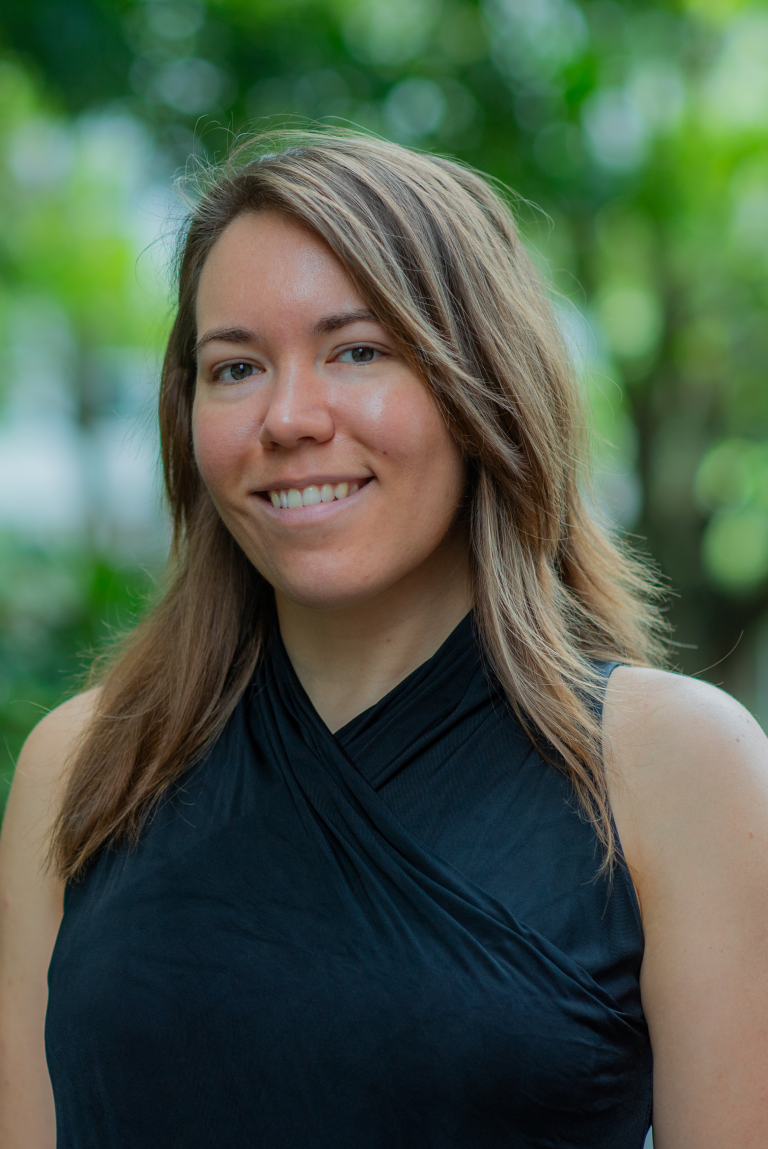Allison Hamilos
The Hamilos lab uses a variety of approaches — including electrophysiology, optogenetics, machine learning and computational modeling — to study the neural circuits disrupted in neurological and psychiatric disease.

Achievements & Honors
Research Areas
Affiliations
Question
How do we decide when we can’t know the right answer, or the right answer might not even exist?
Approach
The philosopher al¬Ghazali reasoned that free will lies in our ability to act under uncertainty, in situations where we can only pick “randomly” at best. Intriguingly, such random behavior may be the key to intelligence. Indeed, machine learning algorithms depend on stochastic choices, and probabilistic cognitive models can recapitulate human reasoning in situations where artificial intelligence struggles. But what are the neural mechanisms that enable us to behave so spontaneously?
The answer may reveal a missing, neural circuit mechanism linking a spectrum of neurological and psychiatric disorders that affect behavioral spontaneity. Drawing on basic science research informed by clinical insight and intuition, the Hamilos lab aims to answer these questions by — among other approaches — training mice to do complex behaviors, recording and manipulating their neural circuits with optogenetics, and using computational modeling to understand how these circuits give rise to stochastic behavior. Through answering these questions, the Hamilos Lab aims to advance knowledge of the human brain, toward twin goals: improving patient care, and helping us understand what makes us who we are.
Bio
In 2012, Hamilos earned bachelor's degrees in chemistry and in biology from the Massachusetts Institute of Technology (MIT). Then she went on to earn PhD and MD degrees (in 2021 and 2023, respectively) from Harvard Medical School, where she was a member of the Harvard-MIT Health Science and Technology Program and the Program in Neuroscience. During her studies, she completed an HHMI Medical Research Fellowship with Jeff Karp at Brigham and Women’s Hospital, where she developed surgical technologies for stem cell transplantation; and she did her PhD research with John Assad, studying the role of the dopaminergic system in movement timing. In 2023, she joined the Whitehead Institute as a Valhalla Fellow in the Whitehead Fellows Program.